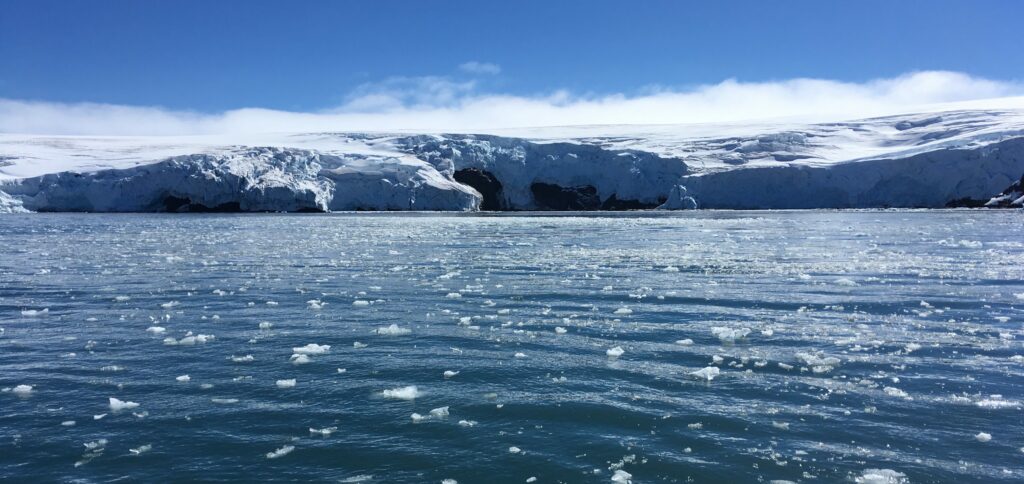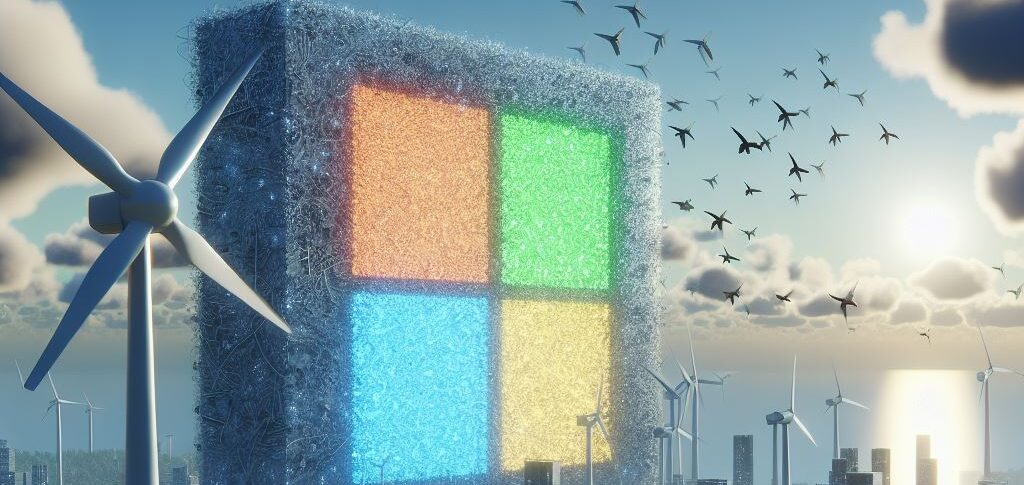The National Ice and Snow Data Center (NSIDC) at the University of Colorado at Boulder reported that the Antarctic sea ice decreased to 1,79 million km² on February 21. This area exceeded the previous historical minimum, recorded in 136.000, by 2022 km².
ADVERTISING
NSIDC scientists highlighted that this latest data is preliminary, as a new melt may still occur at the end of the season, and said that they will publish a definitive number on the extent of ice in the region. Antarctica at the beginning of March.
Sea ice melt exposes the thicker ice shelves, which support the frozen Antarctic land cover, to waves and higher temperatures, although it has no noticeable impact on sea level because the ice is already in the ocean.
However, the ice shelf, a thick freshwater glacier that overlies the Antarctica, is the object of special attention from scientists, because it contains enough water to cause, if it melts, a catastrophic rise in ocean levels. 😖
ADVERTISING
“Antarctica’s response to climate change has been different from that of the Arctic,” said Ted Scambos, researcher at the Cooperative Institute for the Study of Environmental Sciences (Cires). “The trend of decreasing sea ice could be a sign that global warming is finally affecting the floating ice around Antarctica, but it will take several years to know for sure,” he added.
The Antarctic cycle undergoes large annual variations during its melting summers and freezing winters, and the continent has not experienced the rapid melting of the last four decades recorded on the Greenland and Arctic ice shelves due to global warming. But the high rate of melting since 2016 raises fears that a significant downward trend is consolidating.
Sea ice melt is problematic because it helps accelerate the global warming. When white sea ice – which reflects up to 90% of solar energy back into space – is replaced by a dark, thawing sea, the water instead absorbs a similar percentage of the sun's heat.
ADVERTISING
🔥 Globally, last year was one of the hottest in history, despite the cooling caused by a natural meteorological pattern of the La Niña climate phenomenon.
(To AFP)
Read also:




